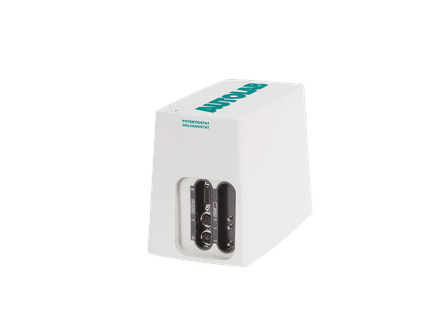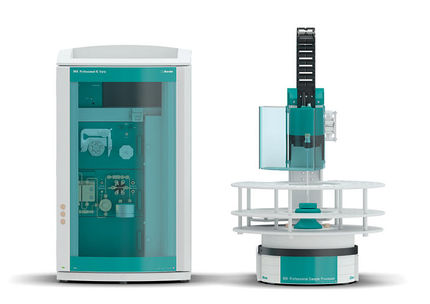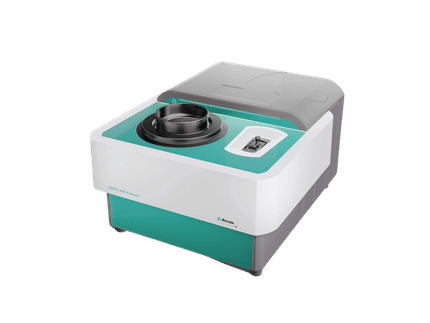To use all functions of this page, please activate cookies in your browser.
my.chemeurope.com
With an accout for my.chemeurope.com you can always see everything at a glance – and you can configure your own website and individual newsletter.
- My watch list
- My saved searches
- My saved topics
- My newsletter
Henry RzepaHenry S. Rzepa is a contemporary computational organic chemist. He was born in London in 1950, was educated at Wandsworth Comprehensive School, and then entered the chemistry department at Imperial College London where he graduated in 1971. Following a Ph.D. in physical organic chemistry with Brian Challis, he spent three years in Austin Texas with Michael Dewar in the then emerging field of computational chemistry. He returned to Imperial College as a lecturer, one of the first to be appointed in the UK in the new subject of Computational Organic Chemistry, and where he is now Professor of Computational Chemistry. Product highlightHis research interests directed towards combining different types of chemical information tools for solving structural, mechanistic and stereochemical problems in organic, bio-organic, catalytic and organometallic chemistry, using techniques such as semiempirical molecular orbital methods (the MNDO family), NMR spectroscopy, X-ray crystallography and ab initio quantum theories. Aware of the complex semantic issues involved in converging different areas of chemistry to address modern multidisciplinary problems, he started investigating the use of the Internet as an information and integrating medium around 1987, focusing in 1994 on the World-Wide-Web as having the most potential. Peter Murray-Rust and he first introduced Chemical Markup Language in 1995 as a rich carrier of semantic chemical information and data; and they coined the term Datument as a Portmanteau word to better express the evolution from the Documents produced by traditional publishing methods to the Semantic Web ideals expressed by Tim Berners-Lee. His contributions to chemistry include exploration of Mobius aromaticity, highlighted by the theoretical discovery of relatively stable forms of cyclic conjugated molecules which exhibit two and higher half-twists in the topology rather than just the single twist associated with Mobius systems (and hence possibly better termed Listing rings). He is responsible for unraveling the mechanistic origins of stereocontrol in a variety of catalytic polymerisation reactions, including that of lactide to polylactide, a new generation of bio-sustainable polymer not dependent on oil. He is also known for the integration of chemistry (in the form of CML) with latest Internet technologies such as RSS and Podcasting, for the introduction of the Chemical MIME types in 1994 and for ECTOC, the first electronic-only conferences in organic chemistry, which ran from 1995-1998. References
|
| This article is licensed under the GNU Free Documentation License. It uses material from the Wikipedia article "Henry_Rzepa". A list of authors is available in Wikipedia. |







